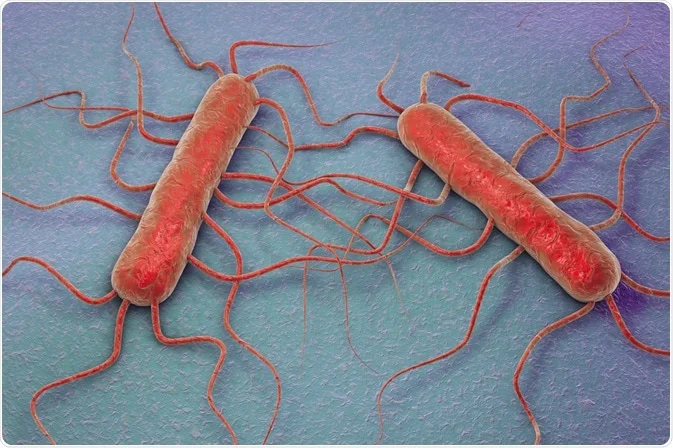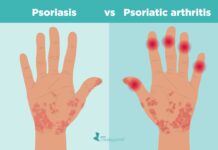Listeriosis is a bacterial infection caused by the bacterium Listeria monocytogenes. It primarily affects pregnant women, newborns, older adults, and individuals with weakened immune systems. Here’s an overview of its symptoms, causes, treatment, and prevention:
Symptoms:
- Fever
- Muscle aches
- Nausea
- Diarrhea
- Headache
- Stiff neck
- Confusion
- Convulsions
Causes:
- Consumption of Contaminated Food: Listeria bacteria are commonly found in soil and water. Contaminated food products, especially unpasteurized dairy products, raw vegetables, and processed meats, are the primary source of infection.
- Cross-Contamination: Listeria can spread from one food to another, especially if proper food handling and hygiene practices are not followed.
- Pregnancy: Pregnant women are at a higher risk due to changes in the immune system that make them more susceptible to infections.
Treatment:
- Antibiotics: Treatment usually involves antibiotics such as ampicillin, penicillin, or other antibiotics, depending on the severity of the infection and patient’s condition.
- Hospitalization: In severe cases, hospitalization may be necessary, especially for pregnant women, newborns, older adults, and individuals with weakened immune systems.
- Supportive Care: Fluids and other supportive treatments may be provided to manage symptoms such as dehydration and fever.
Prevention:
- Safe Food Handling: Thoroughly cook raw food from animal sources, such as beef, pork, or poultry. Wash raw vegetables and fruits thoroughly before consumption.
- Avoid High-Risk Foods: Avoid consuming unpasteurized dairy products, raw sprouts, and processed meats unless they have been thoroughly heated.
- Cleanliness: Maintain clean kitchen surfaces, utensils, and cutting boards to prevent cross-contamination. Wash hands thoroughly before and after handling food.
- Refrigeration: Keep refrigerators clean and set at the appropriate temperature to prevent bacterial growth. Promptly refrigerate leftovers.
- Pregnancy Precautions: Pregnant women should avoid high-risk foods and practice safe food handling to minimize the risk of listeriosis.
It’s essential to be aware of the symptoms of listeriosis and seek medical attention if you experience any of them, especially if you fall into a high-risk category. Early diagnosis and treatment can help prevent complications associated with the infection.
































